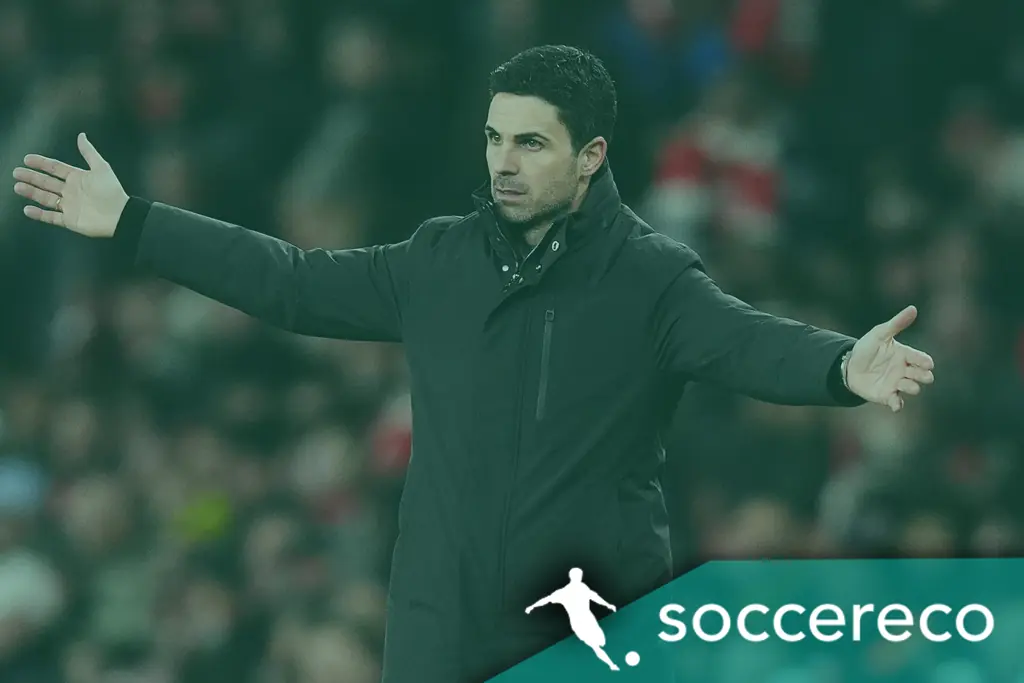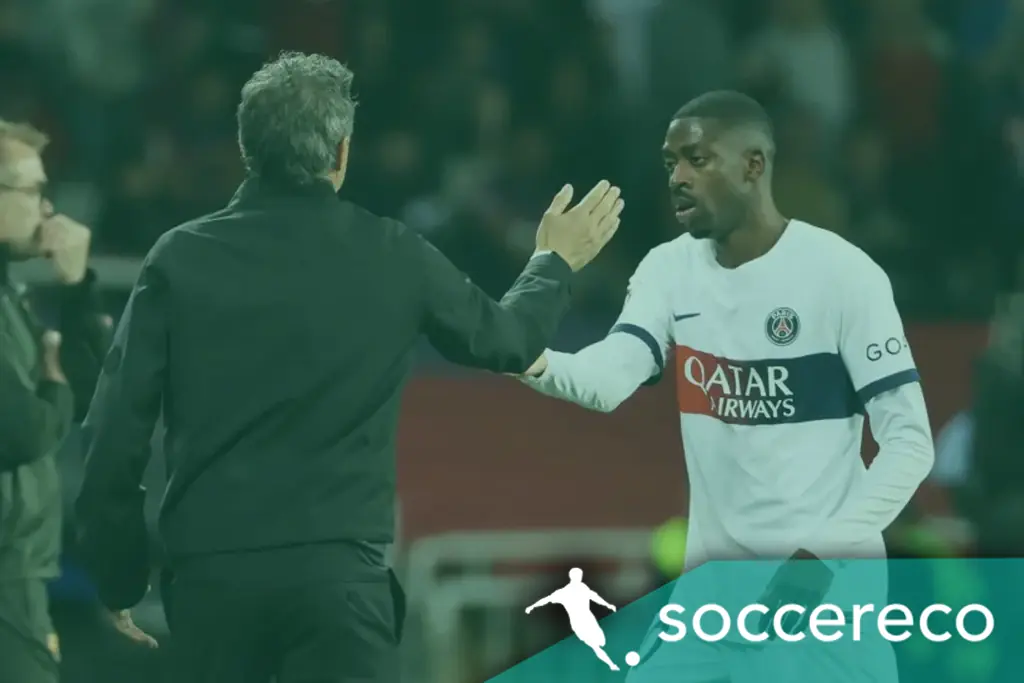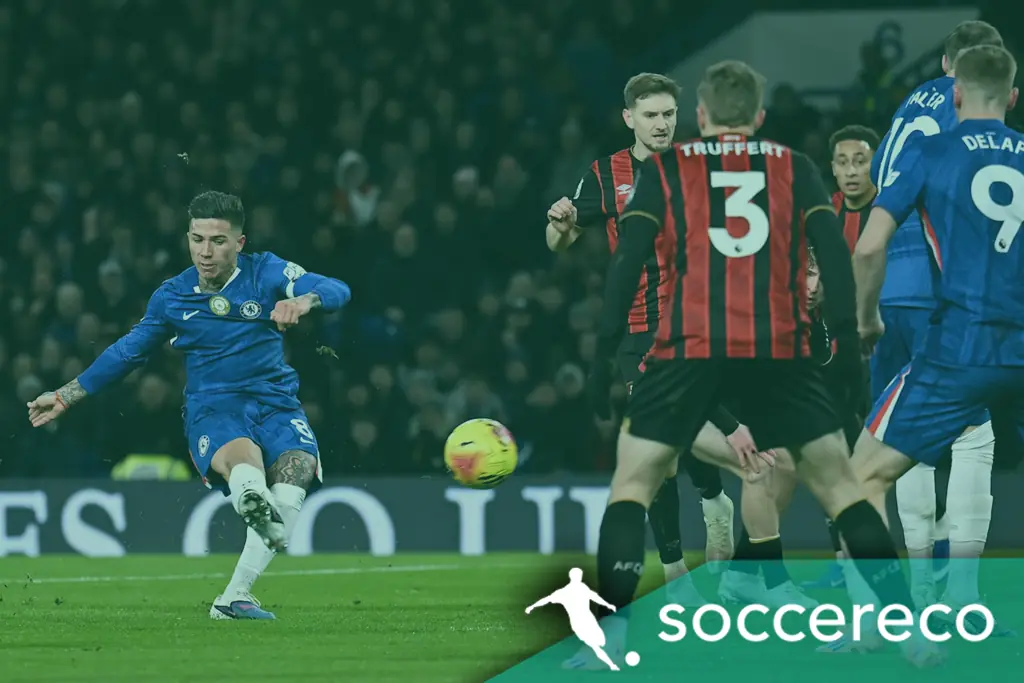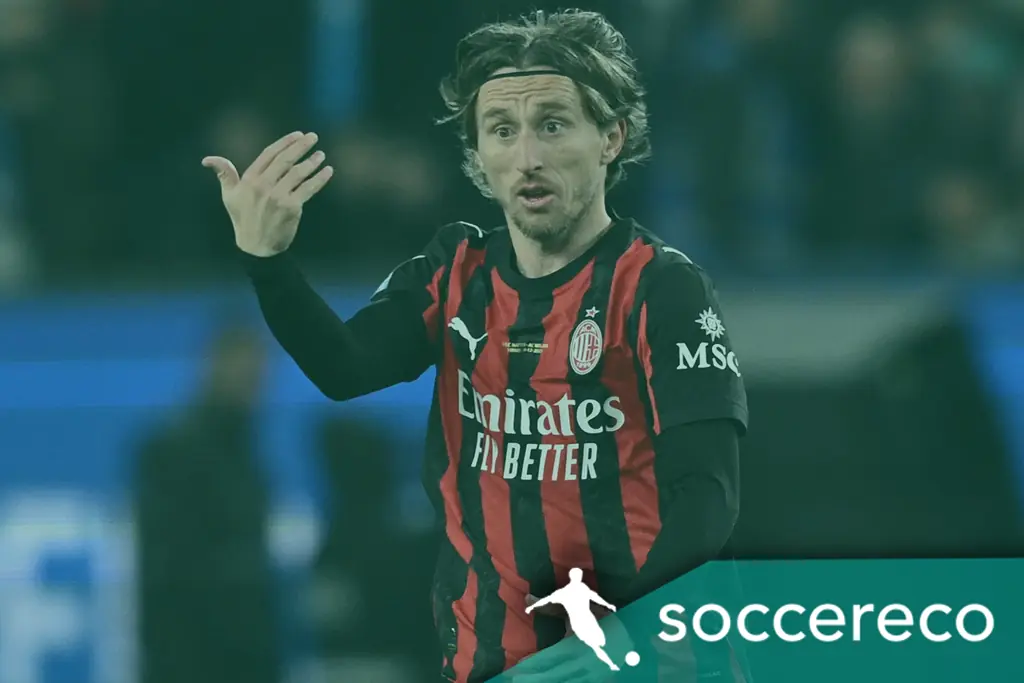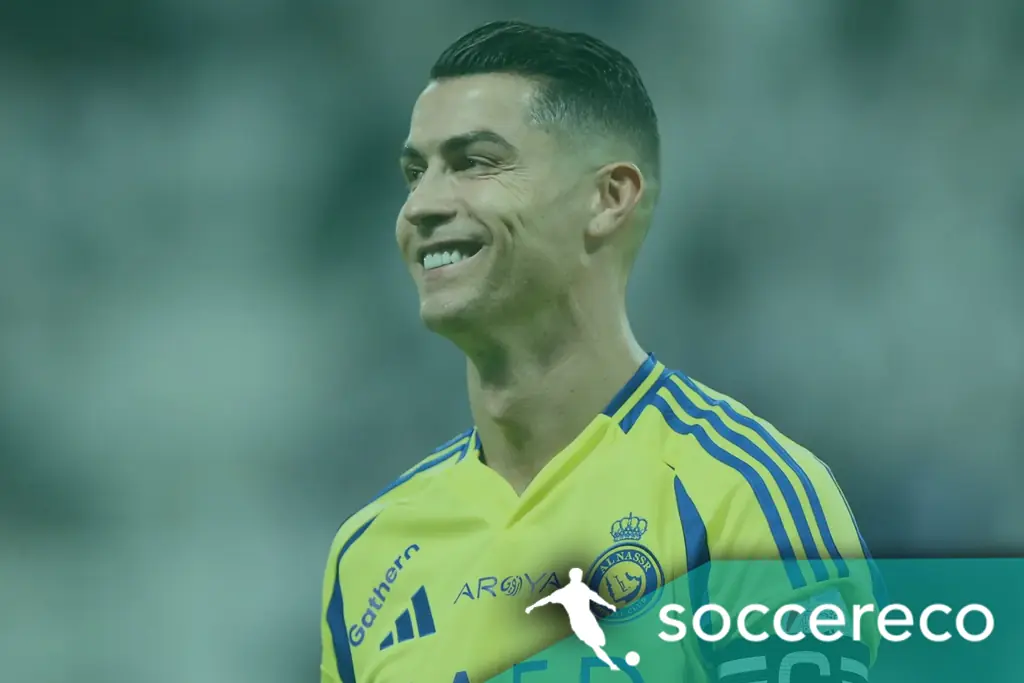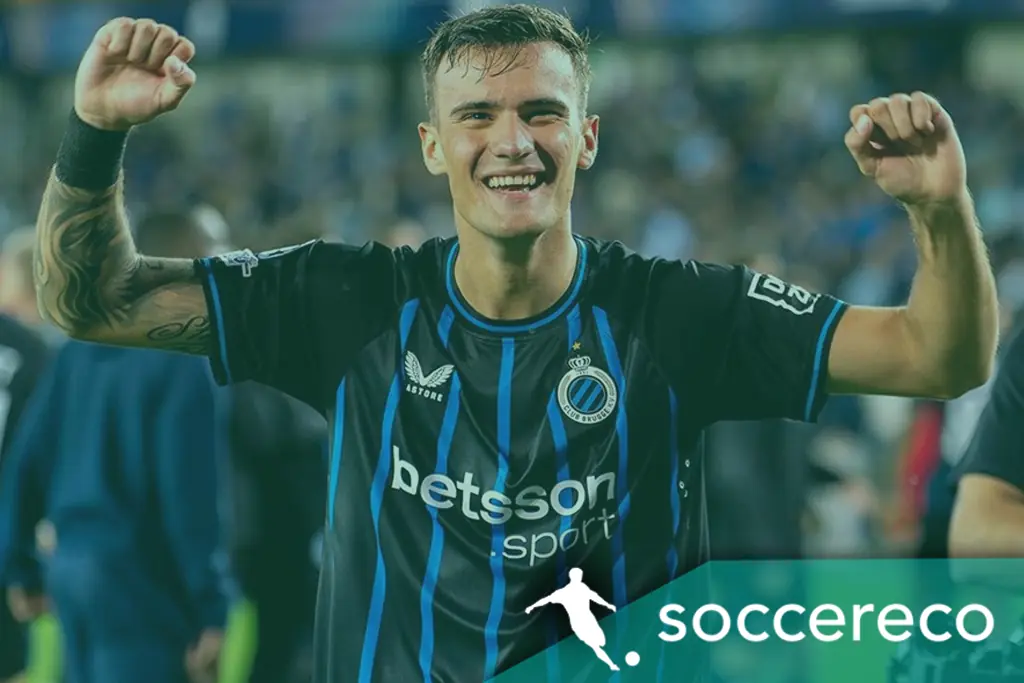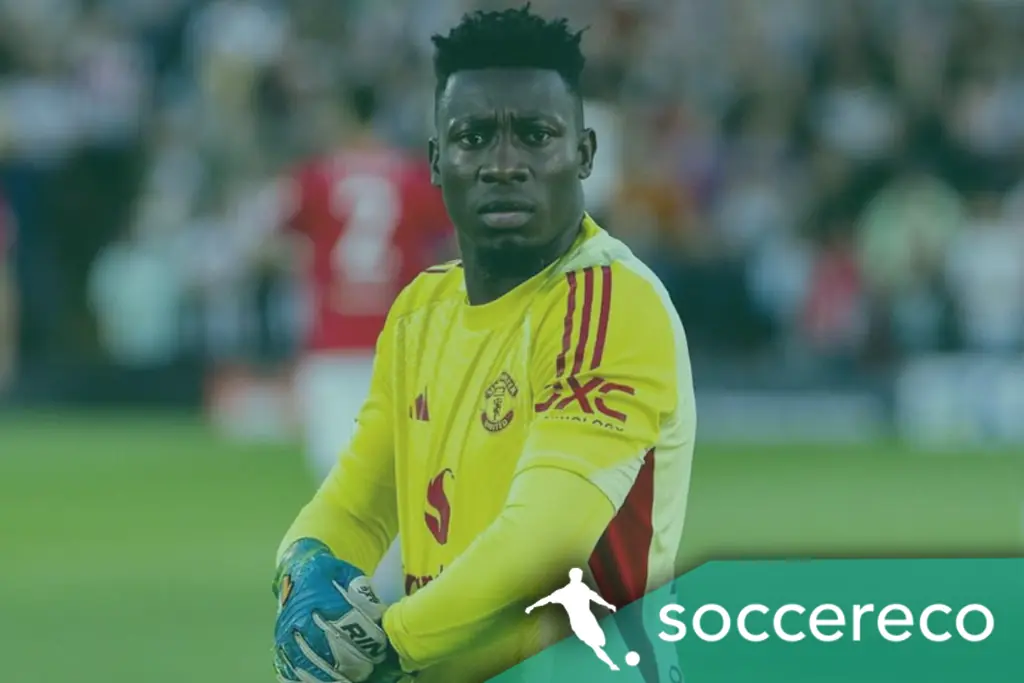Éric Abidal has opened up about his time at Barcelona. As the technical director, he brought Frenkie de Jong to Camp Nou, even though the midfielder had already given his word to Paris Saint-Germain at the time.
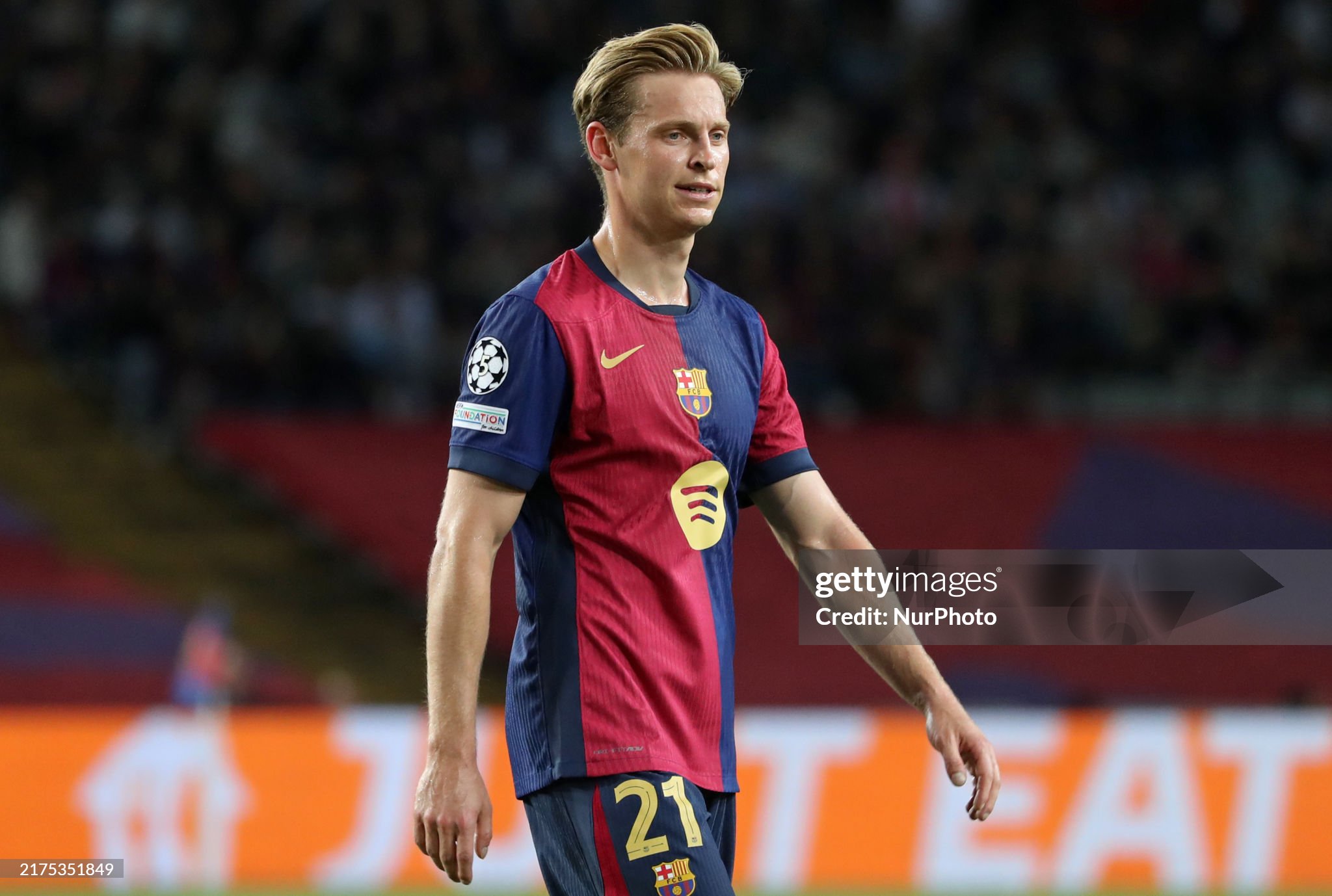
Ultimately, Frenkie de Jong made the pivotal decision to join Barcelona, a club he had long admired and dreamed of playing for since childhood.
This decision, which came in the summer of 2019, marked a significant moment in his career and in the football transfer market. De Jong’s transfer from Ajax to Barcelona involved a substantial fee of approximately 75 million euros, a sum reflective of the Dutch international’s immense potential and the fierce competition for his signature.
At the time, Paris Saint-Germain (PSG) appeared to be the frontrunner in securing De Jong’s services. The midfielder had already given his word to the French club after holding a conversation with then-coach Thomas Tuchel. Tuchel had personally convinced De Jong of the project at PSG, and the young Dutchman was on the verge of committing to the Ligue 1 powerhouse. His decision to favor PSG seemed logical, given the club’s recent success, the promise of playing alongside world-class players such as Neymar and Kylian Mbappé, and the prospect of competing for major European titles.
However, Barcelona, under the leadership of their then-technical director Éric Abidal, was not ready to concede. Abidal, a former Barcelona player and an integral figure in their recruitment efforts, took it upon himself to change De Jong’s mind. In a candid interview with the Spanish newspaper SPORT, Abidal recalled the critical conversations that ultimately swayed De Jong's decision. According to Abidal, De Jong had initially chosen PSG due to the direct approach by Tuchel. "He told me: 'I haven't spoken with the Barça coach, that's why I decided to go to Paris. I had a conversation with Thomas Tuchel,'" Abidal recounted.
This revelation highlighted a key factor in modern football transfers personal interactions between players and coaches often play a decisive role. Tuchel’s engagement had given PSG the upper hand. However, Abidal, drawing on his experience and deep understanding of Barcelona’s philosophy, offered De Jong a broader perspective. "I simply told him: Barça is signing you as a club, not as a coach," Abidal explained. He emphasized that Barcelona’s interest in De Jong went beyond any individual coach's tactical plans or tenure. For a club like Barcelona, which prides itself on its identity, values, and long-term vision, Abidal framed the transfer as an opportunity for De Jong to become part of a historic institution, rather than a short-term project led by a specific coach.
This argument resonated with De Jong, who had long admired Barcelona for its tradition of nurturing young talent and its iconic style of play, often referred to as “tiki-taka.” The prospect of following in the footsteps of legends like Xavi, Iniesta, and Busquets midfielders who had dominated European football with Barcelona’s unique brand of possession-based football was too appealing to ignore. De Jong had already demonstrated his capabilities as a dynamic midfielder during his time at Ajax, and Barcelona saw in him the perfect successor to their aging midfield icons.
Abidal’s assurance that De Jong would play a key role at Barcelona was another decisive factor. "I told him that with a transfer fee like that, he would be an undisputed starter," Abidal admitted. Barcelona had made a significant financial commitment to secure De Jong’s talents, and they viewed him as a long-term cornerstone of the team. The Dutchman’s versatility, ability to dictate tempo, and intelligence on the pitch made him an ideal fit for Barcelona’s style. With the likes of Lionel Messi, Luis Suárez, and Gerard Piqué still in the squad, De Jong knew he would be joining a team capable of competing at the highest level while also preparing for a generational transition.
For Barcelona, the signing of De Jong was more than just a transfer it was a statement of intent. After years of fluctuating success and the need to refresh their squad, bringing in a player of De Jong’s caliber was a signal that they were committed to returning to their former glory. The transfer also reflected the importance of timing and strategy in the modern football market. PSG, with its financial muscle, had pushed hard for De Jong, but Barcelona, with its rich history and thoughtful approach, managed to secure their target.
In the summer of 2019, De Jong officially completed his transfer to Barcelona, fulfilling a childhood dream of donning the iconic Blaugrana jersey. His debut season at the Camp Nou was a blend of adaptation and promise. As expected, he quickly established himself as a key figure in the midfield, contributing to both defensive solidity and offensive creativity. His ability to break lines with precise passing and his composure under pressure earned him praise from teammates, coaches, and fans alike.
Since joining Barcelona, De Jong has gone on to make over 215 official appearances for the club, becoming an indispensable part of the team’s core. Despite Barcelona’s struggles in recent years, including changes in management and financial difficulties, De Jong has remained a consistent performer, showcasing his professionalism and commitment to the club. His decision to choose Barcelona over PSG has proven to be a defining moment in his career, allowing him to grow in one of the most challenging environments in world football.
For Abidal, De Jong’s success at Barcelona serves as validation for the decisions he made during his tenure as technical director. Although Abidal left the club in mid-2020, his role in bringing De Jong to Barcelona remains one of his most significant contributions. The transfer not only strengthened the team but also reinforced Barcelona’s reputation as a club capable of attracting top talent through its philosophy and vision, rather than just financial power.
Looking back, De Jong’s journey from Ajax to Barcelona highlights the complexities of modern football transfers, where personal interactions, long-term planning, and club identity play crucial roles in shaping players’ careers. De Jong’s choice to follow his heart and join the club of his dreams has allowed him to thrive, and he continues to be a key figure in Barcelona’s ongoing efforts to rebuild and compete at the highest levels of European football.
Updated: 11:07, 10 Oct 2024
